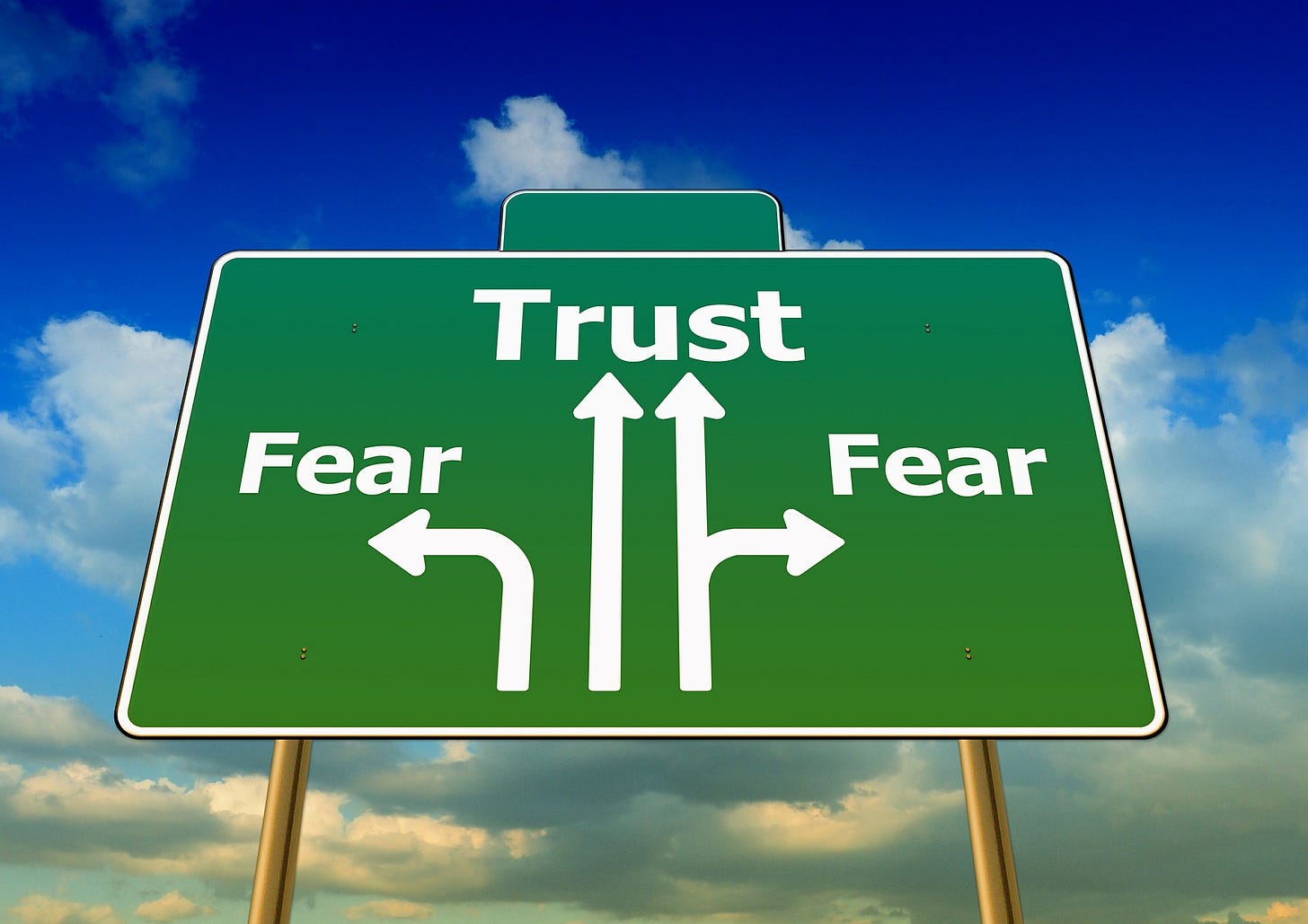The password is 'Trust'
This concept should guide your work -- it will attract financial support
You’re reading the My News Biz newsletter, which I send every other week. My goal is to help digital media entrepreneurs find viable business models.
The 1,300 free subscribers to this newsletter know that I’ve advocated several strategies repeatedly in the past 140 posts. It’s not just because I’m stubborn (which I am). Or because…
Keep reading with a 7-day free trial
Subscribe to Your News Biz to keep reading this post and get 7 days of free access to the full post archives.




